Judges
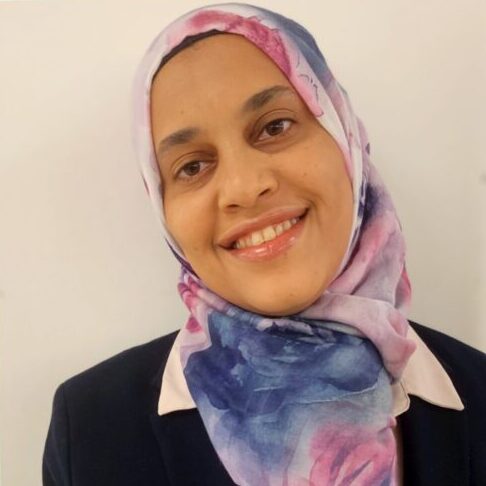
Haja Sittana El Mubarak, Ph.D.
Wasela Diagnostics, LLC
Dr. Haja Sittana El Mubarak is President of Wasela Diagnostics, LLC, and has over 20 years of experience in diagnostic virology, molecular biology, serology and in vitro diagnostic (IVD) device development through her roles across clinical laboratories, academic research and regulatory agencies. Immediately prior to starting her own company, Dr. El Mubarak was Vice President, Regulatory Affairs – In Vitro Diagnostics at Veranex, a global service platform provider for the medical technology industry. She has also been a Senior In-Vitro Diagnostics Consultant, Medical Devices at Biologics Consulting, a life sciences regulatory and product development advisory firm.
Dr. El Mubarak has extensive knowledge of Food and Drug Administration (FDA) regulations and policies, and experience in pre- and post-market regulation of IVDs, as she spent more than 12 years as a Reviewer at the FDA. She primarily served in the FDA’s Center for Devices and Radiological Health, where she spent five years as the agency’s subject matter expert in Serological and Molecular Diagnostics of Viral Infections. Dr. El Mubarak received her Ph.D. in Diagnostic Virology from Erasmus University Rotterdam.
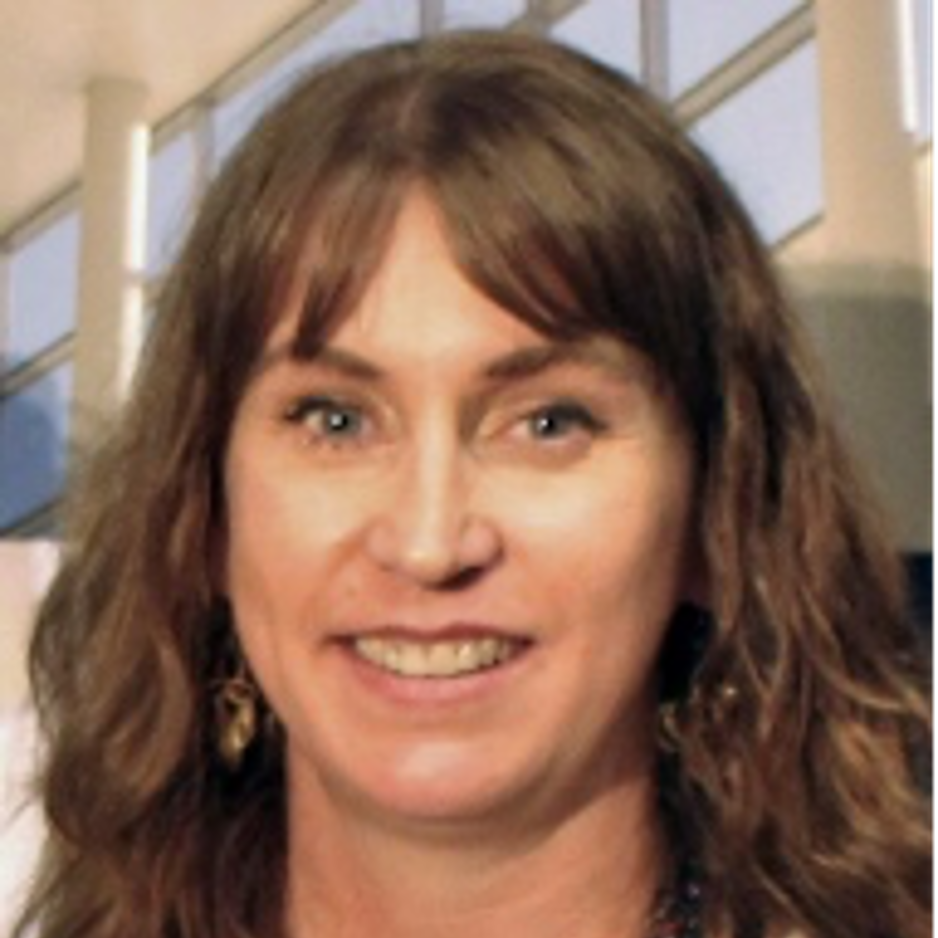
Deanna Jones, Ph.D.
Centers for Disease Control and Prevention
Dr. Deanna Jones is the Chief of the Speciation and Lot Screening Laboratories in the Inorganic and Radiation Analytical Toxicology Branch in the National Center for Environmental Health at the Centers for Disease Control and Prevention (CDC). She has over 15 years of experience at CDC developing methods for measuring trace elements in biological samples using chromatography and inductively coupled plasma mass spectrometry (ICP-MS). Her laboratory performs arsenic and mercury speciation methods and provides technical support to state and local public health labs.
Dr. Jones is the first author of CDC’s method for measuring lead in human blood samples. She is proficient in qualitative and quantitative statistical data analysis, method validation and evaluating analytical figures of merit, Clinical Laboratory Improvement Amendments (CLIA) regulations including Proficiency Testing (PT) requirements, and Quality Assurance/Quality Control (QA/QC) review. Dr. Jones holds a Ph.D. in Chemistry from The Ohio State University.

Robert Jones, Ph.D.
Centers for Disease Control and Prevention
Dr. Robert Jones was previously Chief, Inorganic and Radiation Analytical Toxicology Branch at the National Center for Environmental Health, within the Centers for Disease Control and Prevention (CDC). He began his career at CDC in 1993 and his past responsibilities included the planning, implementation, oversight, and completion of programs related to public health that included non-radioactive and radioactive elements or their isotopes. These programs involved research and development of a wide variety of analytical methods to enable CDC to assay and monitor the exposure of populations to toxic or essential elemental exposures and radionuclide contamination. This past work involved a broad spectrum of 50+ metals, metalloids, and radionuclides as well as various species of arsenic and mercury and isotopes of lead, uranium and plutonium. The analytical methods used to identify and characterize these analytes were inductively coupled plasma mass spectrometry (ICP-MS), electrochemical, gamma spectroscopy, alpha spectroscopy and liquid scintillation counting methods.
Dr. Jones led a group of scientists that provided analytical services and technical assistance to various organizations in which the Division of Laboratory Sciences collaborated with other Divisions, and Centers within CDC as well as other government agencies, state health departments, universities, and international public health organizations. His responsibilities also included the training and implementation of various laboratory components for multiple local, state, regional, national, and international health studies, or exposure investigations.

Matthew McMahon, Ph.D.
National Institutes of Health
Dr. Matthew McMahon leads the SEED Office (Small business Education and Entrepreneurial Development), National Institutes of Health (NIH), in helping to transform cutting-edge technologies into products that improve health and save lives. The SEED team educates and assists NIH-funded innovators as they transition from discovery science to product development. SEED helps academic innovators validate the potential health impacts of their discoveries through a national network of proof-of-concept centers and provides a host of professional advisory services to small business innovators funded by NIH’s $1.3 billion/year Small Business Innovation Research (SBIR) and Small Business Technology Transfer (STTR) programs.
Dr. McMahon has a diverse background in academia, small business, congressional policy, and NIH program management. He previously served as the first director of the National Heart, Lung, and Blood Institute’s Office of Translational Alliances and Coordination, and he created and led the National Eye Institute’s Office of Translational Research. His previous experience also includes service as the principal scientist for the bionic eye company Second Sight Medical Products and as a staff member on both the United States Senate and House of Representatives committees responsible for science, technology, and innovation policy. Dr. McMahon holds a Ph.D. in Experimental Psychology from the University of California, San Diego.
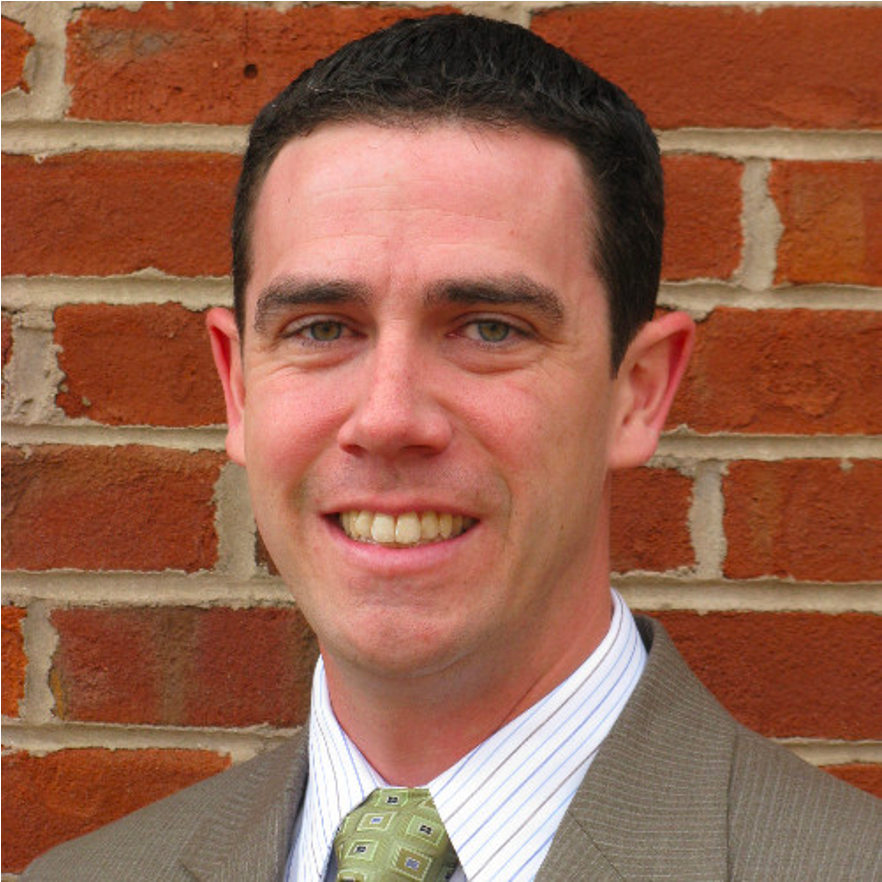
Shawn Mulvaney, Ph.D.
National Institutes of Health
Dr. Shawn Mulvaney serves as a Health Scientist Administrator for the National Institutes of Biomedical Imaging and Bioengineering (NIBIB) at the National Institutes of Health (NIH). Dr. Mulvaney is a Program Officer for the Rapid Acceleration of Diagnostics (RADx) program working with a variety of companies to develop and commercialize antigen and genomic tests for the detection of SARS-CoV-2. In addition, Dr. Mulvaney oversees a genotyping program for the tracking and reporting of SARS-CoV-2 variants circulating in the United States. Beyond RADx, Dr. Mulvaney also assists with technologies in the Point of Care Technologies and Digital Health portfolios.
Prior to joining NIBIB, Dr. Mulvaney spent more than two decades at the U.S. Naval Research Laboratory working on chemical and biological sensing, biotic/abiotic interfaces, analytical, surface and materials science, and device prototyping. In addition to building biosensor platforms for first responders and in-the-field use by warfighters, Dr. Mulvaney’s team performed pre-acquisition, independent verification and validation of diagnostic technologies capable of detecting tropical diseases for the Department of Defense. Dr. Mulvaney earned his B.S. in Chemistry from the College of William and Mary and his Ph.D. in Chemistry from The Pennsylvania State University. Dr. Mulvaney’s thesis focused on the implementation of surface enhanced Raman scattering (SERS) for pharmaceutical and environmental sensing applications.
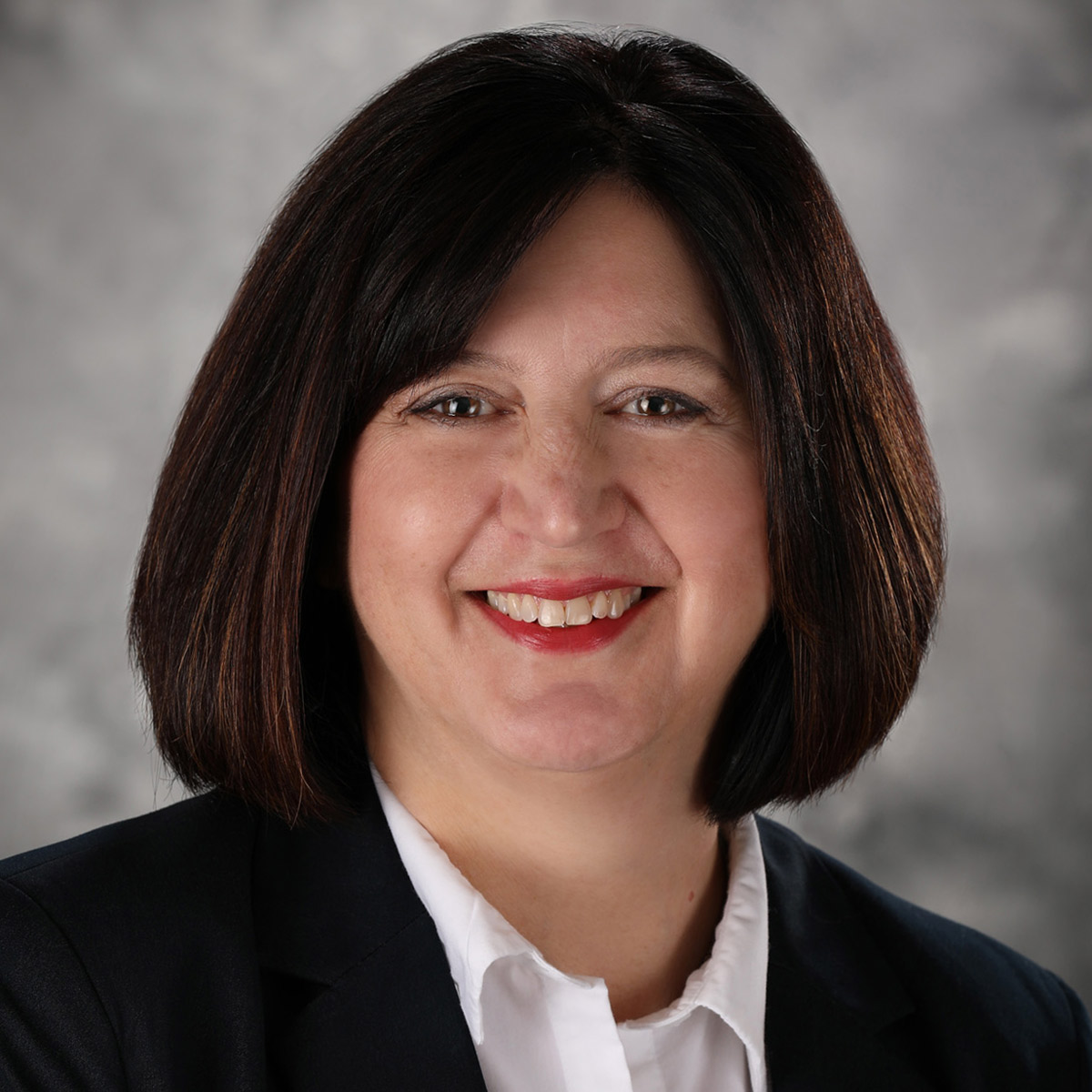
Jennifer Sample, M.D.
PediaTox, LLC
Dr. Jennifer Sample is a board-certified Pediatrician and Medical Toxicologist, and founder of medical consulting company PediaTox LLC. Prior to pursuing a career in professional consulting, Dr. Sample spent an over 20 year career at Children’s Mercy Hospital in Kansas City, Missouri, where she served as the Director for the Division of Pharmacology, Toxicology and Therapeutic Innovations. She was also Director of the Mid-America Pediatric Environmental Health Specialty Unit for Iowa, Kansas, Missouri, and Nebraska and a Professor of Pediatrics at the University of Missouri Kansas City School of Medicine.
Dr. Sample has previously served as the chair of the Council on Environmental Health for the American Academy of Pediatrics and a board member for the American Academy of Clinical Toxicology, and she continues to be an active member for both organizations. Dr. Sample received her Doctor of Medicine degree from the University of South Dakota School of Medicine, before completing her pediatric training at Children’s Mercy in Kansas City, Missouri. She also completed a dual fellowship in Clinical Pharmacology and Medical Toxicology, at Children’s Mercy.
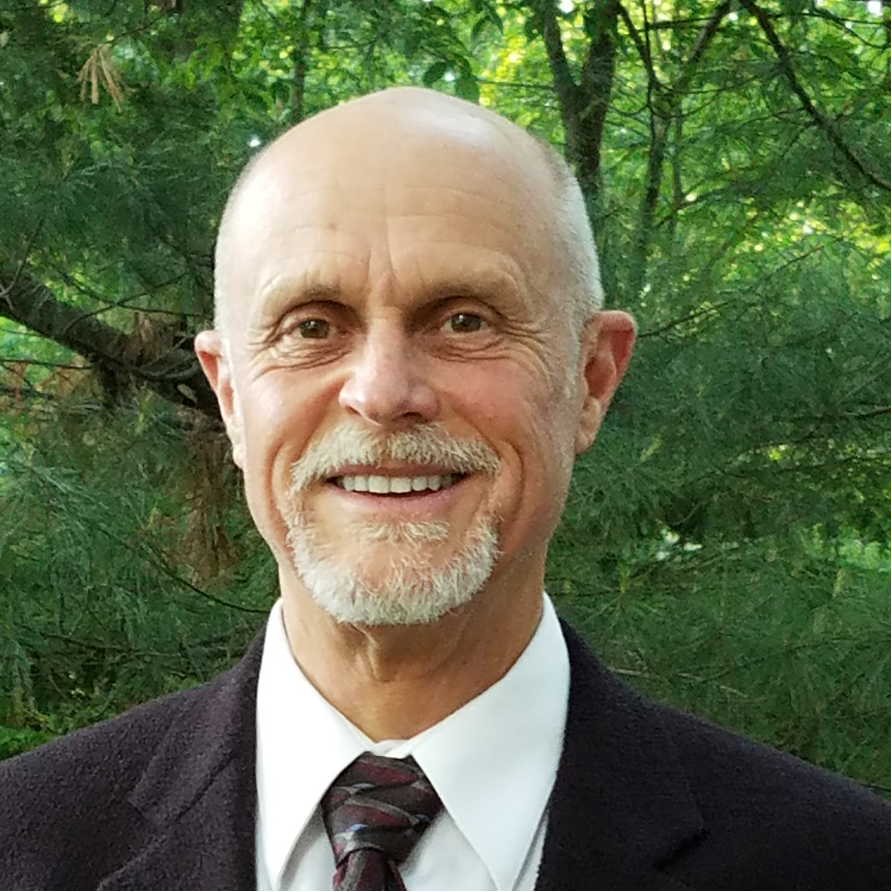
Noel Stanton, Ph.D.
Wisconsin State Laboratory of Hygiene, University of Wisconsin-Madison
Dr. Noel Stanton was formerly Chemical Response Coordinator for the Wisconsin State Laboratory of Hygiene (WSLH). He amassed over 40 years of public health experience at the WSLH, with extensive experience in trace element exposure, toxicology, and chemical emergency response. Dr. Stanton has been focused on laboratory issues related to lead poisoning throughout his career, including administration of multiple clinical proficiency testing (PT) programs for blood lead and other toxic elements. He has published on blood lead laboratory and instrument performance, erythrocyte protoporphyrin measurement, and exposure to per- and polyfluoroalkyl substances (PFAS) and brodifacoum, among others.
While most experienced with exposure testing and biomonitoring, Dr. Stanton has also worked frequently with hazardous materials responders, law enforcement, Poison Centers, and other emergency preparedness partners. He holds emeritus status at the University of Wisconsin-Madison, where he completed his Ph.D.

Lauren Zajac, MPH, M.D.
Icahn School of Medicine at Mount Sinai
Dr. Lauren Zajac is an Associate Professor in the Department of Environmental Medicine and Public Health and the Department of Pediatrics at the Icahn School of Medicine at Mount Sinai. She is a board-certified pediatrician with fellowship training in pediatric environmental health. Dr. Zajac serves as the clinical director for both the Region 2 Pediatric Environmental Health Specialty Unit (serving NJ, NY, PR and USVI) and the New York State Children’s Environmental Health Center network. Dr. Zajac is the director of the Children’s Environmental Health elective program at Mount Sinai.
As faculty at the Graduate School in Public Health, she teaches MPH courses and serves as track advisor for the Environmental Health Track. Dr. Zajac is also an elected member of the American Academy of Pediatrics (AAP) executive committee for the Council on Environmental Health and Climate Change. Dr. Zajac holds an MPH, from the University of Michigan School of Public Health, and completed her M.D. at the Icahn School of Medicine at Mount Sinai. She undertook her residency in Pediatrics at the Children’s Hospital at Montefiore.
